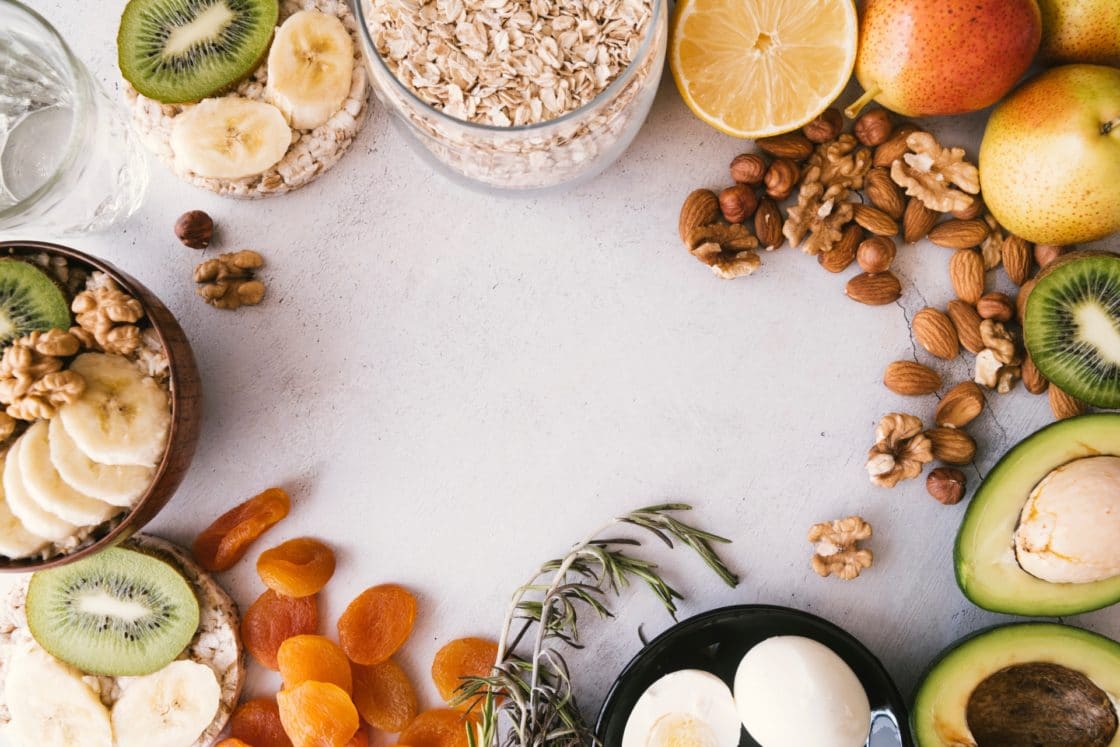Athletes and lifters have been taking protein for decades, while the rest of the world had just been catching up in the last few years. Today, it is pretty common to see protein products sold everywhere, and everyone, right from teenagers to adults, is trying to get more protein intake in their diets.
Here is everything you need to know about proteins and how they should be taken, whether you are running a marathon, losing weight, or just trying to eat healthier.
Why is Protein required for our bodies?
Protein plays a vital role in everything that goes on in your body, right from building and repairing muscles, to transporting oxygen, making enzymes, hormones, and other body chemicals. It also helps build cartilage, organs, skin, blood, hair, and nails. So how much protein would you require? In short, more than any food label tells you. The daily protein intake is as low as 0.8 grams for adults who don’t exercise much or have sedentary lifestyles. For active people, gym-goers and athletes you should be aiming much more. Of course, getting all those grams in a single meal would not be possible, so experts suggest spreading protein across several means amounting to at least 20 grams to 40 grams.
Do athletes require more protein?
Yes, the protein requirements of athletes should increase depending on their level of activity. If you’re an active person, experts recommend aiming for somewhere around 1 gram per pound, this amount while okay for a light exercise is far too low for lifters and anyone else who exert themselves on a daily basis. An intake of 1.4 – 2.0 grams per pound of body weight for active people is not only safe but it may improve the training sessions rapidly. The more intense your exercise, the more your protein requirements should be.
Do men and women require the same amount of protein?
Men’s protein requirement is much more per day, this is due to the fact that men tend to weight more than women. A 150-pound woman would need to consume the same amount as a 150-pound man if they had the same end goals in mind. Women due to their genetics and nutritional needs if consumed around 400 or more calories of protein foods would surprisingly gain lean weight. A study was conducted, where women on the higher protein diet actually lose more fat compared to women on lower-protein diets even though they consumed more calories. Most women turn to protein powder to lower carbs, add extra collagen, and so on.
Are Protein supplements required?
Some people can get all the protein they need from food alone, but many others find it expensive, inconvenient, and just uncomfortable to eat that much. In this situated protein bars, powders and shakes can help. A protein shake can pack a huge amount of protein in one bottle so you need to read the label carefully. If you’re trying to gain or lose weight then many experts advise you to replace one meal a day with a protein shake. Looking to increase your intake? Then a shake or a smoothie will get you 25 grams per serving or more. Protein powders can be added to anything from baking, to smoothies and even bars. They are used much more commonly nowadays. Remember the “more is better” approach used with bodybuilders doesn’t always work. If you consume too much protein you will have less room on your plate for other healthy foods as well as possible stomach-aches. Use a protein intake calculator and try slowly increasing your protein intake to make sure you’re getting enough. Keep in mind healthy organic food is a better way to consume your proteins.
In Conclusion
Protein is important for your body and eating enough will help you maintain your active lifestyle. Always speak to a nutritionist or a dietician about how much you need before you go out and buy any protein supplements.

